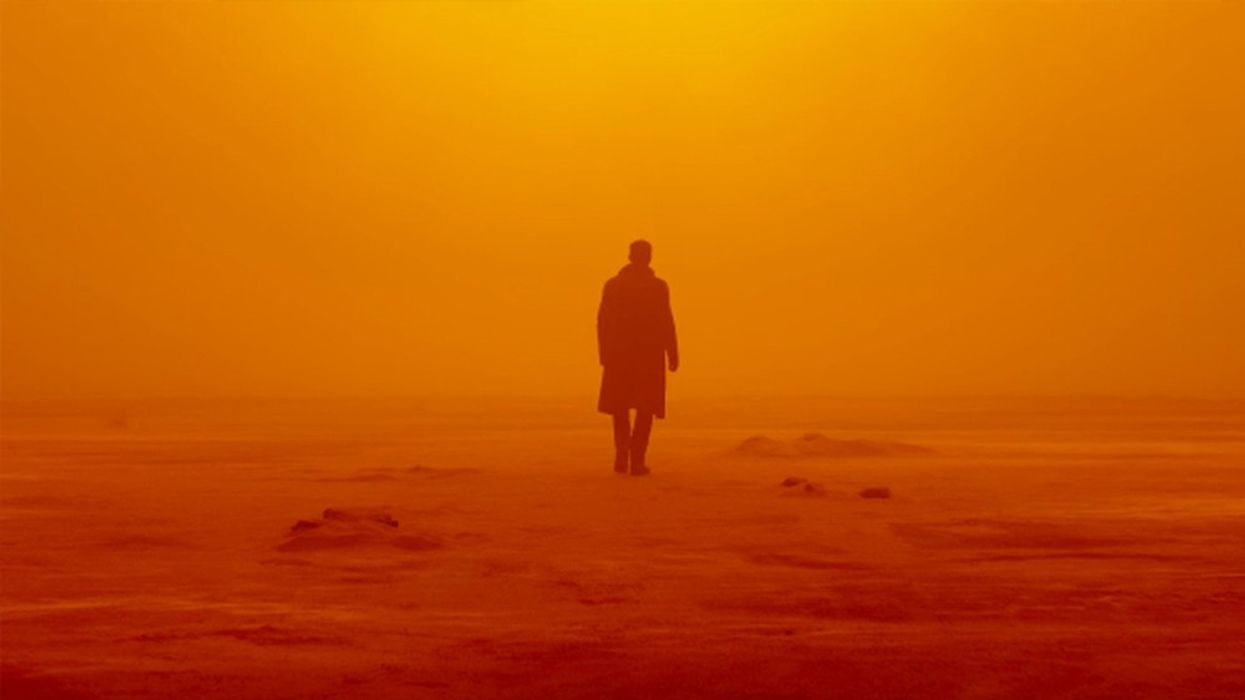Drool Over 10 Years of Stunning ARRI ALEXA Visuals
Is this the best ARRI ALEXA ad ever created?

Last week, the ARRI ALEXA turned 10 years old. When the original ALEXA debuted in 2010, it combined a Super 35 CMOS sensor with 2K resolution and uncompressed RAW. To say it was a game-changer is an understatement.
First among to use the digital camera was director Roland Emmerich and cinematographer Anna Foerster on the film Anonymous. Then came Martin Scorsese and cinematographer Robert Richardson, who shot digitally for the first time on Hugo, a film that won the DP his third Oscar.
Since then, the list of iconic cinematographers that have used the format has grown exponentially. Deakins, Foerster, Adefarasin, Lubezki, Prieto, Phedon Papamichael, and Hoyte van Hoytema to name a few. Check out some of the visuals they've created over the years below:
Since, ARRI has evolved its digital line to include the ALEXA Mini LF, ALEXA LF, and the ALEXA 65, which used on the Joker from director Todd Phillips and cinematographer Larry Sher. The ALEXA 65 was introduced in 2015, and today is still only available through ARRI Rental. The sensor is slightly larger than 65mm, making it three times the size of Super 35. One of the first cinematographers to see it was Greig Fraser (Dune, Zero Dark Thirty) who remembered thinking, "Right, here we go—this is the beginning of a new era in cinematography."
ARRI cameras have been used on feature films, TV series, documentaries, commercials, and music videos. Those using building visual palettes with the cameras have won countless awards including the films Moonlight, The Revenant, Birdman, Blade Runner 2049, Gravity, and Argo to name a few. It's become one of the most sought after visual storytelling tool for filmmakers.
Have you used an ARRI ALEXA camera in the past? Tell us what you like about it the most in the comments below.













